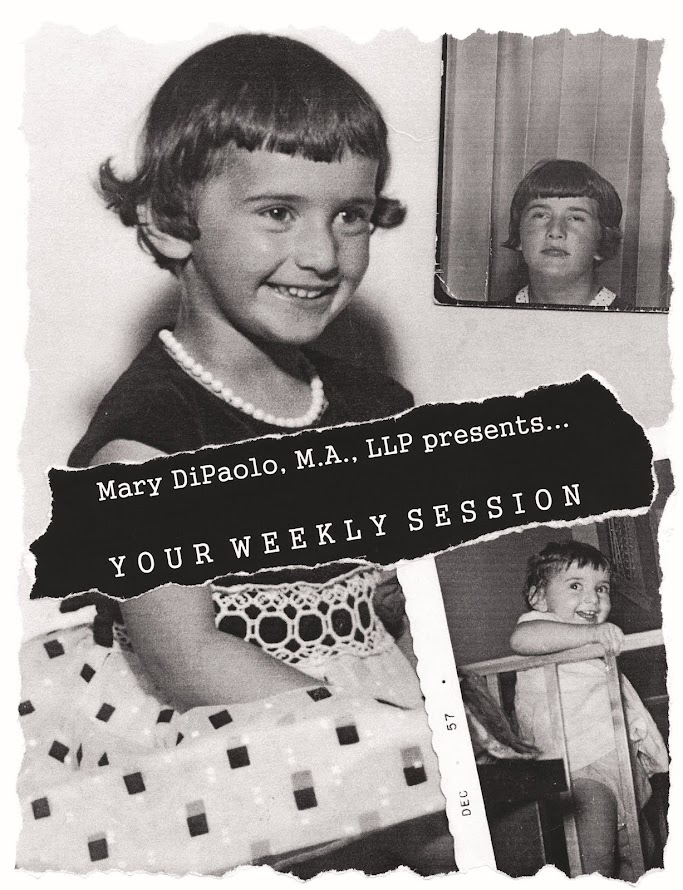What is Anosognosia? From the Greek, it means "without disease knowledge". In other words, anosognosia is a deficit of self-awareness for persons who have some disability and are unaware of its existence. With bipolar patients, about 40% struggle with this condition. In schizophrenic patients, the percentage rises to 50%. First named by neurologist Joseph Babinsksi in 1914, anosognosia comes from damage in certain brain structures, typically to both the fronto-temporal parietal area in the right hemisphere---and to the parietal lob. As such, anosognosia is a nuerological disorder and NOT just an intense case of "being in denial". Denial is a psychological defense mechanism...although it appears to present in the same way as anosognosia. "I'm fine, I don't care if the doctors say I am bipolar; I don't need any medicine!" "That medication is poison I'm never ever taking it you're all trying to kill me!" Anosognosia. Denial, on the other hand is more like "Everyone has highs and lows; that doesn't mean I'm bipolar!" or "I don't smell bad; who needs to shower every day anyway?!"
How the brain gets damaged to create the condition of anosognosia currently involves looking at the impact of ongoing stress on the brain and body. This is a focus of the latest research. When we are stressed, our bodies release the hormone cortisol in order to prepare us to fight, run, or freeze. It is known that too much cortisol and other related fight/fight/freeze hormones that are too often being "dumped" into our bloodstream (due to anxiety, panic, trauma, and other fear-based triggers) ultimately have a damaging and changed physiological impact on major organs of the body, including the brain.
Beyond that link to a cause, traumatic brain injury, stroke, and other disease processes can create the perfect storm for anosognosia to develop. Not to mention drug and alcohol use, which also contributes.
Knowing a person with anosognosia is very frustrating because these clients have literally no self-awareness about what is literally wrong with them. If you have ever been in love with someone who goes through "highs and lows" or is "extremely moody" or who can switch like Dr. Jekyll and Mr. Hyde in the same hour, day, week, or month.....that's not "normal" behavior just saying! Regardless of the final diagnoses (personality disorder? major mood disorder? untreated and undiagnosed ADHD? PTSD? substance abuse? all of the above?)....anosognosia is the "next" diagnosis to consider when you get that push-back from the person under observation/being assessed.
Nobody wants to be "ill"; yet there are many who are---and are choosing to do absolutely nothing to help manage their out-of-control mood states and/or psychotic-based thinking. Now you know why. It could be anosognosia as a part of their bigger picture mental health-related condition.
Now, perhaps, we can all understand why Uncle Jimmy or Cousin Tony hasn't gone for any kind of psychiatric treatment in all these years despite the drama, crisis, and choas they have consistently spread around to others like it was their job. They may have anosognosia on top of whatever else they have, and have avoided facing!
Until next post...
How the brain gets damaged to create the condition of anosognosia currently involves looking at the impact of ongoing stress on the brain and body. This is a focus of the latest research. When we are stressed, our bodies release the hormone cortisol in order to prepare us to fight, run, or freeze. It is known that too much cortisol and other related fight/fight/freeze hormones that are too often being "dumped" into our bloodstream (due to anxiety, panic, trauma, and other fear-based triggers) ultimately have a damaging and changed physiological impact on major organs of the body, including the brain.
Beyond that link to a cause, traumatic brain injury, stroke, and other disease processes can create the perfect storm for anosognosia to develop. Not to mention drug and alcohol use, which also contributes.
Knowing a person with anosognosia is very frustrating because these clients have literally no self-awareness about what is literally wrong with them. If you have ever been in love with someone who goes through "highs and lows" or is "extremely moody" or who can switch like Dr. Jekyll and Mr. Hyde in the same hour, day, week, or month.....that's not "normal" behavior just saying! Regardless of the final diagnoses (personality disorder? major mood disorder? untreated and undiagnosed ADHD? PTSD? substance abuse? all of the above?)....anosognosia is the "next" diagnosis to consider when you get that push-back from the person under observation/being assessed.
Nobody wants to be "ill"; yet there are many who are---and are choosing to do absolutely nothing to help manage their out-of-control mood states and/or psychotic-based thinking. Now you know why. It could be anosognosia as a part of their bigger picture mental health-related condition.
Now, perhaps, we can all understand why Uncle Jimmy or Cousin Tony hasn't gone for any kind of psychiatric treatment in all these years despite the drama, crisis, and choas they have consistently spread around to others like it was their job. They may have anosognosia on top of whatever else they have, and have avoided facing!
Until next post...
